A Brutal, No Good, Lousy Investment Year
The theme for 2021 was a year of transition as the economy moved into a post-pandemic state. This year it was the friction of that transition leading to persistent 40 year high inflation. The Federal Reserve has been doing exactly what it should, raising rates to slow the economy. The problem is what started as goods inflation caused by high demand for things has morphed into service inflation as people came out of quarantine looking for things to do. The major input to produce a service is labor and the labor force participation rate is 1.2% lower than it was pre-pandemic. That translates to millions of jobs available with no one to fill them. The problem can be solved with immigration, impossible in today's political environment, or demand destruction, which hurts everyone. The Fed, therefore, is taking a sledgehammer to demand.
The markets have behaved pretty much exactly how the textbooks say they should when the Fed is raising rates and removing liquidity via quantitative tightening to tamp down demand and inflation. Painting with broad strokes the riskier the investment the more value it lost this year. There was nowhere to hide. Even cash sitting in the bank still earning close to zero is down 7ish% due to inflation. We experienced a full blown, cross asset bear market.
- Bonds are down about 12%.
- The major broad stock market indexes (SP500, Russel 2000, Mid Caps) are down about 20%.
- High valuation growth stock heavy NASDAQ is down 30%.
- Highly speculative areas of cryptocurrencies and related companies, over-hyped SPACs and work from home pandemic favorites are down 60-90%.
- Believe it or not even oil is basically flat relative to its price on January 1, 2022. Surprising right?
- Interesting market factoids:
- Tesla stock is down 60% year to date. It could fall another 50% and it would still be worth more than DOUBLE the current value of Ford and GM COMBINED.
- At its highs Peloton, a maker of bikes that go nowhere, was worth $20 BILLION more than Ford, a maker of cars that actually go places.
- Facebook is down approximately 50% from its pre-pandemic price.
- Amazon is basically flat to its pre-pandemic price and has lost over $1 TRILLION of market capitalization this year.
- Pandemic Investing 'superstar' Cathy Wood's ARKK fund is down 64% over the past year. $1 invested in ARKK 3 years ago, just before the pandemic, is worth $0.76 today.
Bear markets are absolutely no fun but are necessary to clear out the crazy that infects the markets periodically. It is much more fun to put money into a market that generates instantaneous rewards. However history shows us that it is much, much more lucrative in the long run to stay invested and stick to your individual long term investment plan and do your best to avoid landmines that blow up the portfolio. If you are working, keep adding to the portfolio or if you are retired don't panic and sell. Better investment behavior, not better investment analysis, consistently leads to long term wealth generation. Recently slowing inflation data, absolutely awful investor sentiment and a 2023 recession that is the most anticipated recession in history are setting the markets up for positive surprises.
Sumit Kumar, Greenwich CT
